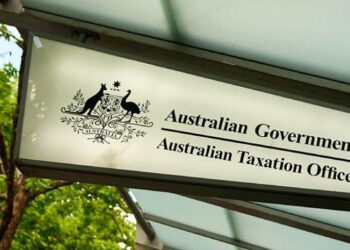On 24 May last year, the government announced a superannuation guarantee (SG) amnesty which would give employers an opportunity to rectify past SG non-compliance without penalty.
The SG amnesty measure, contained in Treasury Laws Amendment (2018 Superannuation Measures No. 1) Bill 2018, was originally intended to apply from 24 May 2018 till 23 May 2019.
SuperConcepts general manager of technical services and education Peter Burgess said that the bill was first introduced into Parliament in May last year and has been stuck in the Senate for about eight months.
“The reason it has been stalled in the Senate is because Labor does not support the proposed introduction of the 12-month amnesty on SG contributions for employers that have failed to meet their obligations,” Mr Burgess explained.
“There is no sign of this bill in the parliamentary program. So, it doesn’t appear to be a bill that’s coming up soon to be debated in the Parliament. Given that we’re running out of time and sitting days, it suggests to me that the government has now given up on trying to get this bill through before the election is called.”
Mr Burgess said that there are a number of different items included in the bill, but one of the measures that the industry would most like to see is the SG opt-out regime.
“This measure would amend the legislation to allow clients with multiple employers who are earning more than $263,000 to opt out of receiving SG contributions from all but one employer,” he explained.
Originally, this was intended to start from 1 July 2018, he said.
“The way this measure is intended to work is that clients would need to apply to the ATO at least 60 days before the start of the first financial quarter in which the opt-out is to apply. So, even if this legislation is passed today, the earliest this can start would be 1 July 2019,” he said.
Even though the bill is unlikely to be passed before the election, Mr Burgess said that he is still confident that this particular measure will still come in.
“This is a measure that’s designed to correct a technical flaw in the legislation where we’ve got clients with multiple employers, earning more than $263,000, exceeding their concessional cap through no fault of their own,” he explained.
“So, I’’m still confident that we will see this introduced regardless of which political party wins the election.”
Labor, he said, hasn’t raised any concerns about the measures in the bill with the exception of the SG amnesty rules.
“In fact, one Labor MP is on the public record saying that all political parties should support and pass all of these measures in this bill except for the SG amnesty,” he said.
“So, I am confident that we may still get it regardless of whoever wins the election, even if this bill is not passed.”


